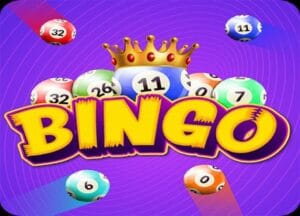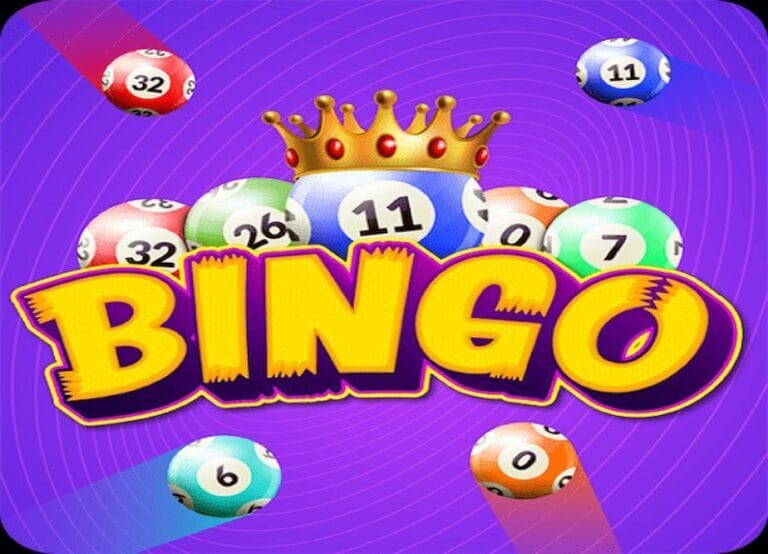Explore the rich history of bingo, tracing its roots from Italian lotteries to bustling community halls and its remarkable evolution into a digital sensation. This engaging article delves into how bingo adapted to societal changes, embraced technology, and found a new home online while maintaining its charm and appeal. It is perfect for anyone curious about this beloved game’s journey through time.
Bingo is more than just a game—it’s a cultural phenomenon that has brought people together for centuries. From its humble beginnings in 16th-century Italy to the vibrant bingo halls of the 20th century and its booming presence on online platforms, the game has evolved while maintaining its core appeal: fun, simplicity, and social interaction.
In this article, we explore bingo’s fascinating history, shedding light on its global journey and the innovations that have kept it alive and thriving.
Origins of Bingo
From Italy to France
The earliest version of Bingo dates back to 1530 in Italy, where it was known as “Il Gioco del Lotto d’Italia.” This state-run lottery quickly gained popularity and spread across Europe.
- In France, the game transformed into “Le Lotto,” a pastime favoured by the aristocracy during the 18th century.
- German educators also used a version of the game to help children learn math, spelling, and history.
Coming to America
In the 1920s, bingo made its way to North America. It was first played at carnivals in Pennsylvania, and it was known as “beano” because players used beans to mark numbers.
- A New York toy salesman, Edwin S. Lowe, observed the game and saw its potential.
- After witnessing a player accidentally shout “Bingo!” instead of “Beano,” Lowe renamed the game—and the name stuck.
The Rise of Bingo Halls
Post-War Popularity
Following World War II, bingo exploded in popularity across the United States and the United Kingdom. Churches and community organisations began hosting bingo nights to raise funds and foster community spirit.
Key Features of Traditional Bingo Halls:
- Large gathering spaces with rows of tables and chairs.
- Callers announcing numbers using loudspeakers.
- Social atmosphere with snacks and friendly competition.
Bingo halls became local landmarks, drawing crowds of people who cherished the game’s simplicity and sense of community.
Regulation and Growth
In the 1960s, both the U.S. and the U.K. saw increased regulation to manage the growing industry:
- Licensing helped prevent fraud.
- Charity connections allowed nonprofit organisations to host games legally.
Bingo was no longer just entertainment—it became a major fundraising tool and economic force.
The Digital Shift: Bingo Moves Online
Emergence of Online Bingo
The 1990s brought the internet revolution; with it, bingo entered a new era. Online bingo platforms began emerging, allowing players to enjoy their favourite game from home.
Advantages of Online Bingo:
- 24/7 availability
- Wide range of themes and game types
- Chat features for social interaction
- Attractive bonuses and promotions
The keyword bingo suddenly took on a digital twist, as searches for “online bingo sites” and “play bingo online” skyrocketed.
Technological Advancements
Modern online bingo platforms have embraced cutting-edge technology:
- Mobile compatibility allows play on smartphones and tablets.
- AI-powered features enhance user experience.
- Live hosts and video calls recreate the atmosphere of traditional bingo halls.
This digital transformation made bingo more accessible than ever, attracting younger audiences and players worldwide.
Bingo’s Cultural and Social Impact
More Than a Game
Bingo’s enduring popularity stems from its ability to bring people together. It’s not just about winning—it’s about community, laughter, and shared moments.
Cultural Significance:
- Popular in senior communities as a social activity
- Featured in TV shows and films
- Used in schools for educational purposes
Supporting Good Causes
From church basements to charity galas, bingo has long been a tool for fundraising. Online platforms continue this tradition, often hosting games to support nonprofits.
The Future of Bingo
As technology continues to evolve, so too will bingo. Emerging trends like virtual reality (VR) and blockchain technology hint at exciting new ways to experience the game.
What’s Ahead:
- VR bingo rooms that simulate real-life halls
- Cryptocurrency options for deposits and prizes
- Personalised experiences based on player preferences
Yet, despite these innovations, bingo’s essence remains unchanged—a game of chance, connection, and pure enjoyment.
Conclusion
Bingo’s journey from Italian lotteries to bustling halls and now to immersive online platforms is a testament to its timeless appeal. As it continues to adapt and innovate, one thing is certain: bingo will remain a beloved pastime for generations to come.
Whether you’ve been playing bingo for a lifetime or are just discovering it, bingo offers something for everyone: fun, community, and excitement with every number called.






